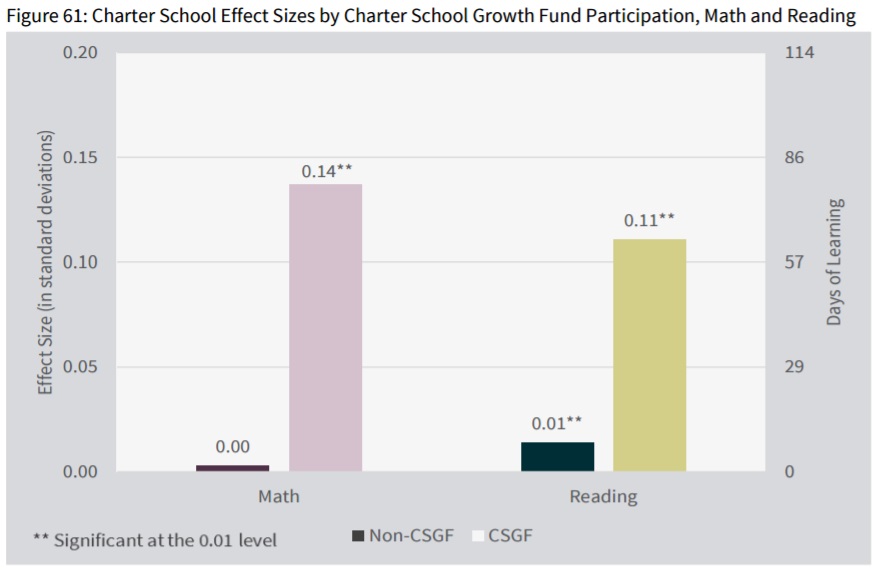Not all charter school organizations are created equal. That's the bottom line of a blockbuster new report by widely cited charter school researchers at Stanford University.
The study, released today by the Center for Research on Education Outcomes, looks at how students enrolled in different charter school organizations performed compared to similar "virtual peers" in traditional public schools.
It contains some eye-popping numbers that shed light on the charter school debate in Florida.
The results suggest large-scale management organizations tend to outperform standalone schools. But they also reinforce older findings that students in virtual charter schools tend to lose academic ground, and suggest non-profit charter schools do better than their for-profit counterparts, on average.
The findings might offer new ammunition to advocates for Schools of Hope, an initiative backed by House Speaker Richard Corcoran that's now part of a massive, controversial education bill.
The study shows some high-profile national charter school networks, like KIPP, IDEA Public Schools and Success Academy, lift student achievement in a big way. Those are the kinds of organizations Florida has struggled to attract, though some top lawmakers are eager to change that.
The pending Florida legislation, HB 7069, includes several methods to separate "high-impact" charter organizations from their mediocre or low-performing counterparts. Charter school operators could qualify for state grants and a streamlined application process if they prove they're in the former group.
One of the criteria would check whether a charter organization has been backed by the Charter School Growth Fund. The CREDO findings suggest that's a pretty good predictor of quality. Students in schools backed by the fund gain the equivalent of dozens of extra days of learning in reading and math.

Chart from Page 89 of the new CREDO report.
The study includes results for specific charter school networks, including some familiar Florida names.
Greg Richmond, the president of the National Association of Charter School Authorizers, said the fact some charter school networks perform better than others shows oversight can make a difference. Charter schools that get results should expand, but poor performers deserve heavy scrutiny, and the worst should close.
"Today’s CREDO report demonstrates that the charter sector continues to improve and many networks are delivering amazing results for children, but too often failing schools are allowed to replicate and serve communities despite their poor record," he said in a statement. "Authorizers have tremendous powers to improve the overall quality of charter schools in their cities and states."